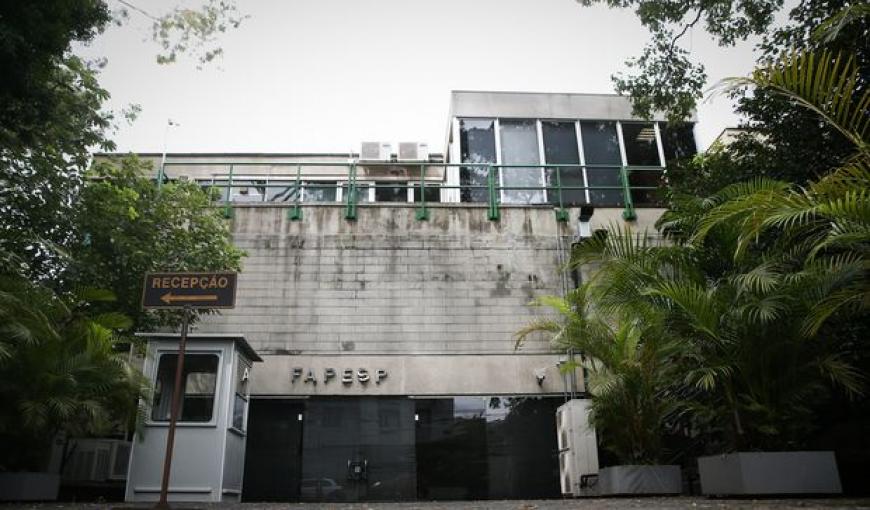Do you love the internet? Then thank a scientist
We celebrated in 2017, 25 years since the first internet network operated in Brazil. Over one hundred researchers and engineers, in 1992, interconnected Rio de Janeiro (LNCC – National Laboratory for Scientific Computing) and São Paulo (Fapesp – Foundation for Research Support of the State of São Paulo), bringing to life a research project of CNPq (National Council for Scientific and Technological Development) on networks, created in 1989, called RNP (Brazilian National Research and Educational Network).
The first mission of the then National Research Network (RNP) was to interconnect professors and researchers from universities with a technology that was simpler, faster and more open to innovations. All of that during the 1990s crisis.
In 1992, RNP was actually born as a result of the work of researchers who fought to extend to Brazil the autonomy and social and economic development they experienced in their articles and experiments. In its early stages, the network was academic. In 1995, it became a vehicle that pushed and enabled the science and technology, and communication policies that shaped the internet as the platform for public and private entrepreneurs.
It would have been a monopoly if an alliance between scientists and civil society had not been able to schedule an open and innovative formulation for the Brazilian internet.
There are many examples of success cases. The most used system in the network, the Web, was a product of scientists from several countries who needed to collaborate in physics. It became the communication basis of global flows. Even in major disasters and revolutions, the resilient Web supports communication for life and human rights.
The most appropriate language for our mobile applications, invisibly present in our games, apps and connected things, the Lua, is from Gávea, in Rio de Janeiro. Designed to be simple, light and secure, it won the world.
The most powerful video-collaboration application, currently available in around 1,500 campuses of universities, institutes, teaching hospitals connected to RNP throughout the territory, Mconf, is from Rio Grande do Sul. Every day, it connects people, teaches classes, records seminars, shares ideas, organizes global projects. We are around 4 million students, professors and researchers interconnected at high speed, from Mbps to 100 Gbps.
But we cannot say it is from Oiapoque to Chuí, yet. Unfortunately, only half of our population has access to the internet. The solution to include everyone has been postponed. Out policies have been inefficient, and legal and normative frameworks have been exhausted.
One again, we are going through an economic and tax crisis, and it is being said that the solution is to enable investments in the private sector. Partly. Namely, internet regional providers are an example of how to advance in more unprivileged regions in terms of connectivity.
As the first rains in Brasília that make the brown and apparently dead grass blossom fast and green, Brazil means vitality. There is great capacity and value in Brazilian entrepreneurs and scientists. It seems that we only need to value public investment in science and technology, and innovation, which is the leverage and engine of ventures.
How can we think of an internet future in the country without research? Inclusion, development opportunities, and knowledge depend on internet research in social sciences, healthcare, biodiversity, defence, computing, culture, in all disciplines.
It looks like we do not know what to do in Brazil. The scientist Wernher von Braun once said (1912-1977), “research is what I do when I do not know what I am doing”.
*Article from RNP’s director-general, Nelson Simões, published on Folha de S. Paulo in October 27th.
Image Credits: Zanone Fraissat/Folhapress.
